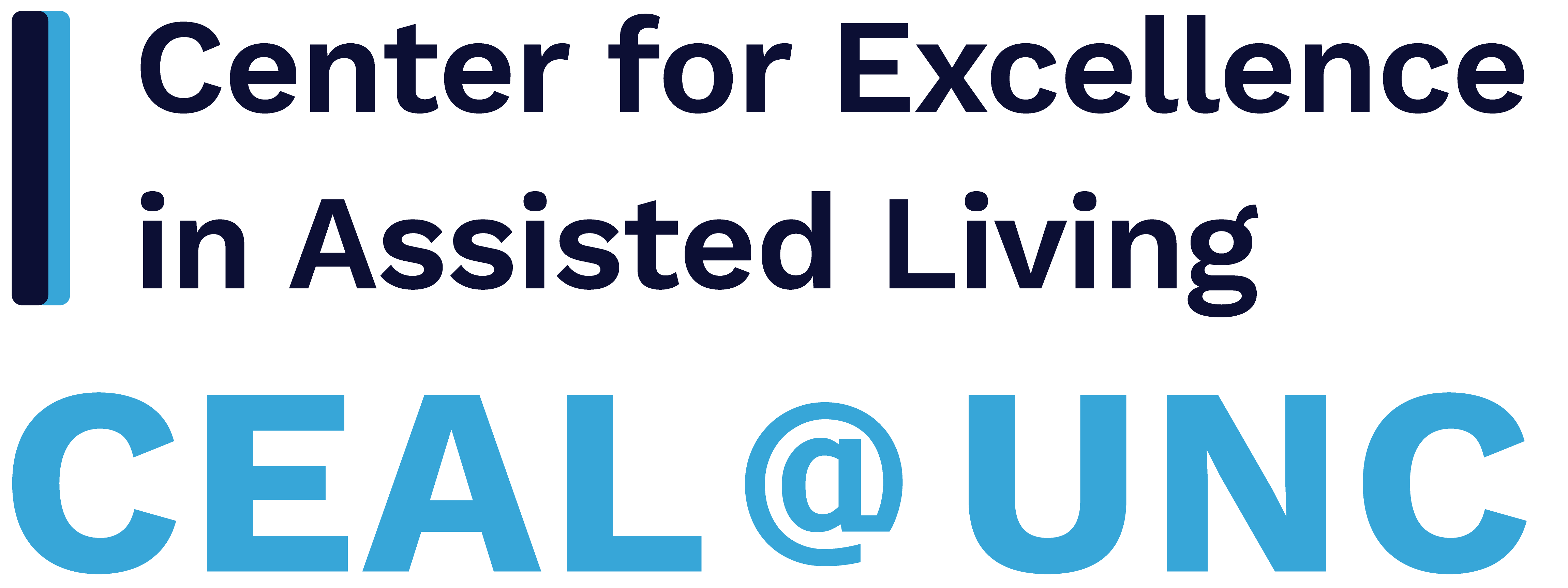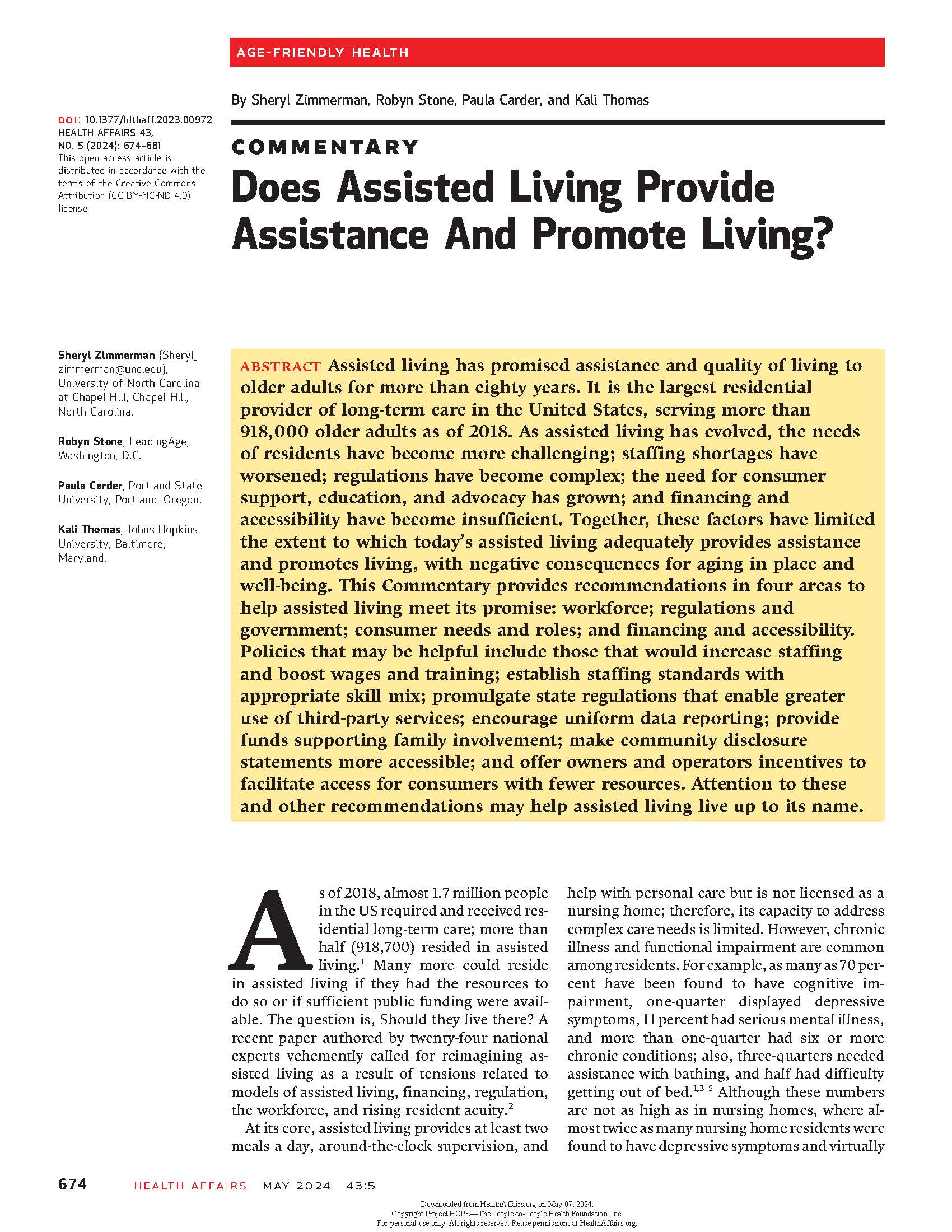Introduction: The implementation of fall prevention interventions in homecare services is crucial for reducing falls among older adults and effective leadership could determine success. Norwegian homecare services provide home nursing, rehabilitation, and practical assistance, to residents living in private homes or assisted living facilities. This study aims to explore how managers in Norwegian homecare services experience implementation of fall prevention interventions and how they perceive their roles.
Methods: We conducted 14 semi-structured individual interviews with managers from different levels of homecare services in five city districts. The interviews were transcribed verbatim and reflexive thematic analysis was used to analyze the material.
Results: The analysis resulted in three main themes: (1) understanding organizational mechanisms to facilitate new practices, (2) practicing positive leadership behavior to facilitate implementation, and (3) demonstrating persistence to sustain implementation. Our results showed the importance of clear leadership across all levels of the organization and the value of devoting time and utilizing existing systems. Managers described using recognition and positive attitudes to motivate employees in the implementation process. They emphasized listening to and involving employees, providing trust, and being flexible. However, the implementation process could be challenging, highlighting the need for managers to be persistent.
Conclusion: Managers at all levels play an important role in the implementation of fall prevention, but there is a need to define and align their specific roles in the process. Understanding how to use existing systems and influence through positive leadership behavior seem to be vital for success. Recognizing the demanding nature of implementation, managers emphasized the importance of systems for long term support. The study findings may influence how managers in clinical practice engage in the implementation process and inform future researchers about managers’ roles in implementation in homecare services.

Center for Excellence in Assisted Living CEAL@UNC
Advancing the well-being of the people who live and work in assisted living through research, practice, and policy.

